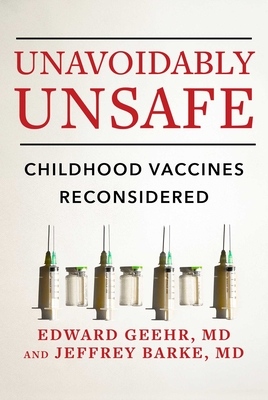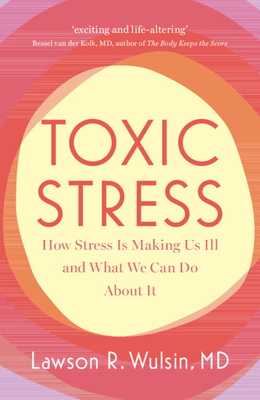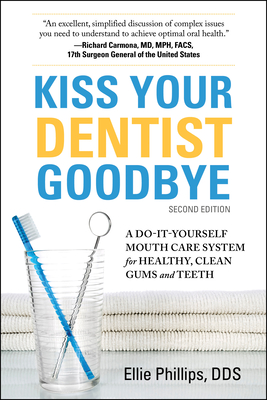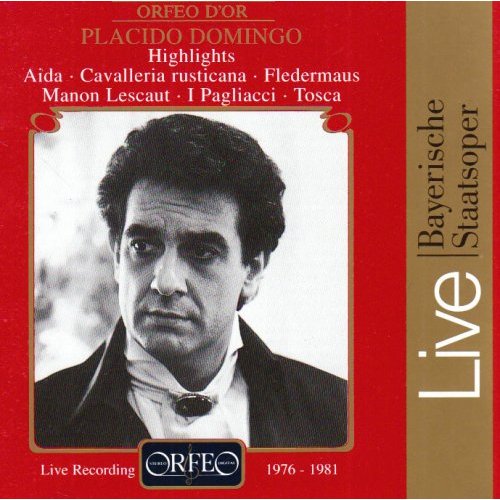
description
0An in-depth guide for parents as they struggle to make informed decisions about vaccines for their children. In Unavoidably Unsafe, Dr. Edward Geehr and Dr. Jeffrey Barke confront the prevailing beliefs surrounding childhood vaccines with unflinching scrutiny and bold insight. As seasoned physicians, they acknowledge the revered status vaccines hold in modern medicine while bravely questioning their safety and efficacy. From the historical triumphs of polio eradication to the complexities of modern immunization schedules, Geehr and Barke unravel the layers of vaccine development and regulation. They shed light on the unintended consequences of vaccine mandates and the erosion of informed consent in the face of mounting pharmaceutical influence. Drawing on decades of clinical experience and exhaustive research, the authors challenge conventional wisdom by addressing critical issues such as:
Unavoidably Unsafe is not an indictment of vaccines but a call to arms for informed decision-making and transparency in healthcare. Geehr and Barke aim to empower parents, guardians, and healthcare providers with the knowledge needed to navigate the complex landscape of childhood immunization responsibly. In a rapidly evolving medical landscape where uncertainties abound, Unavoidably Unsafe serves as a beacon of clarity and integrity, reaffirming the importance of critical thinking and patient-centered care in safeguarding the health and well-being of future generations.
- The proliferation of childhood vaccines and their impact on public health
- The National Childhood Vaccine Injury Act and its implications for vaccine safety
- The symbiotic relationship between pharmaceutical companies and regulatory agencies
- The shortcomings of Emergency Use Authorization and its implications for vaccine safety
- The presence of potentially harmful additives in vaccine formulations
- A fresh look at possible links between vaccines and autism
- Cautionary considerations regarding mRNA vaccines and their suitability for children
- Practical guidance for evaluating the risks and benefits of vaccines for individual children
- The significance of proper informed consent and patient advocacy in vaccination decisions
Unavoidably Unsafe is not an indictment of vaccines but a call to arms for informed decision-making and transparency in healthcare. Geehr and Barke aim to empower parents, guardians, and healthcare providers with the knowledge needed to navigate the complex landscape of childhood immunization responsibly. In a rapidly evolving medical landscape where uncertainties abound, Unavoidably Unsafe serves as a beacon of clarity and integrity, reaffirming the importance of critical thinking and patient-centered care in safeguarding the health and well-being of future generations.
member goods
No member items were found under this heading.
listens & views

BIG BANDS OF THE SWINGING ...
by BIG BANDS OF THE SWINGING YEARS 1 / VARIOUS
COMPACT DISCout of stock
$11.99
Return Policy
All sales are final
Shipping
No special shipping considerations available.
Shipping fees determined at checkout.






